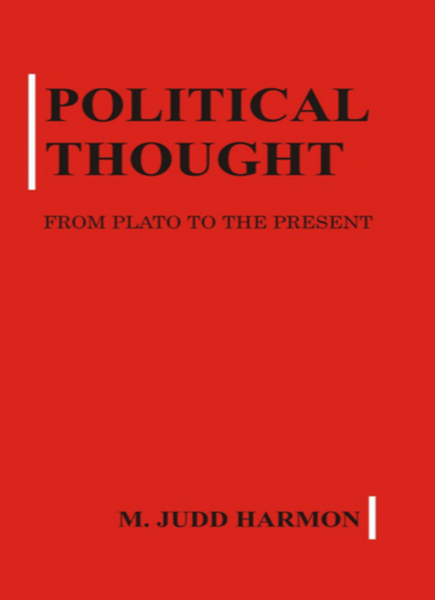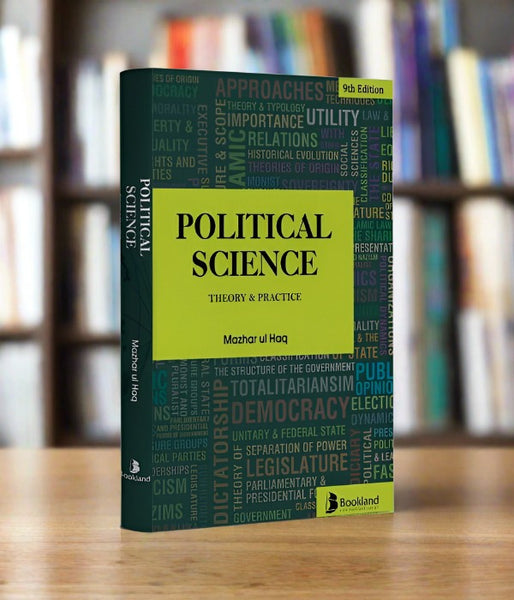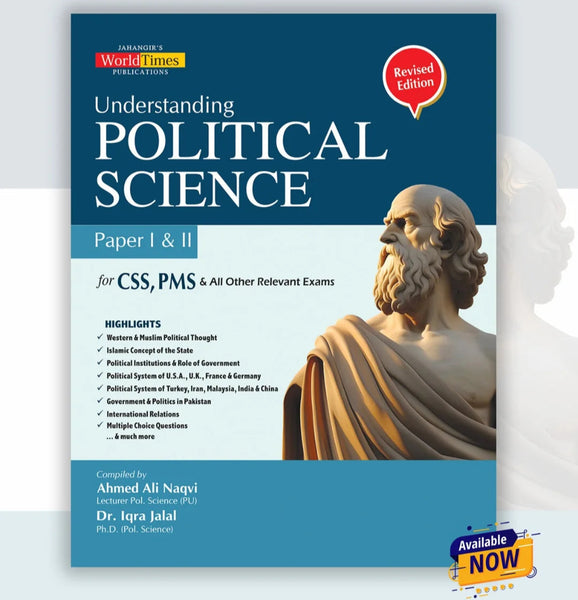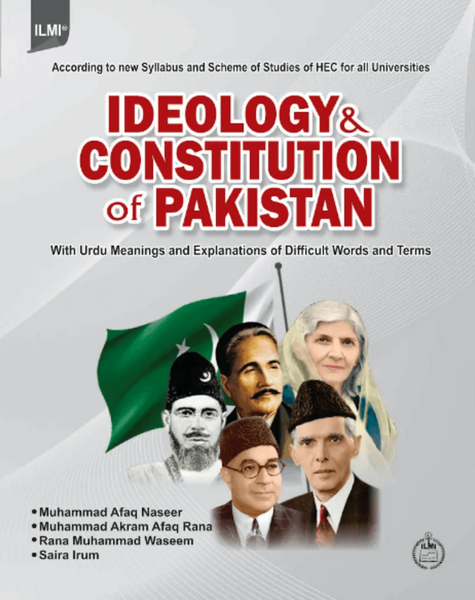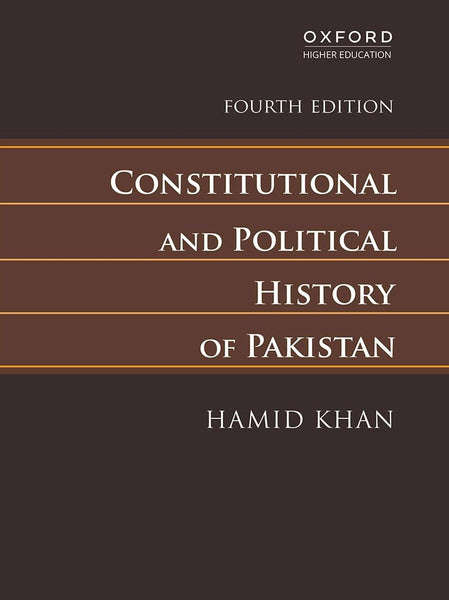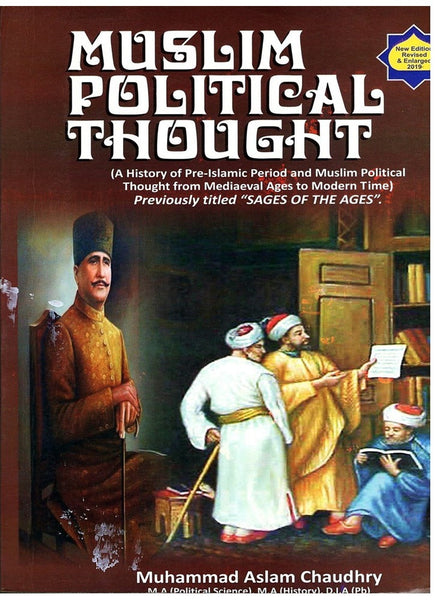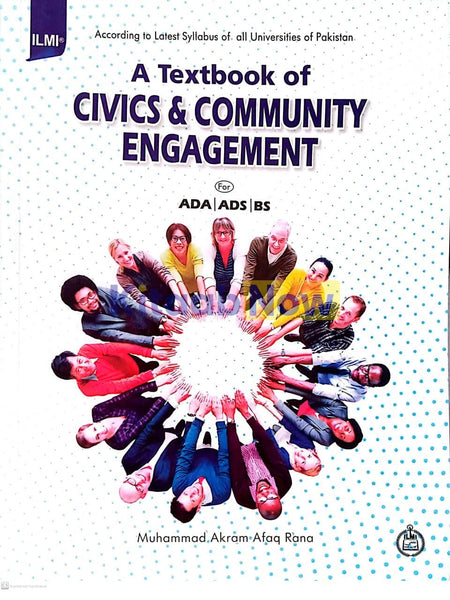Refugees and the Politics of the Everyday State in Pakistan by Elisabetta Iob (Author)
- Publisher: POLITICS
- Availability: In Stock
- SKU: 56806
- Number of Pages: 174
Rs.425.00
Rs.595.00
Tags: A + Quality , A Plus Quality , Afghan Refugees , best books , Best Price , Best Quality , Best Selling Books , Border Politics , Bureaucracy and Refugees , Citizenship and Statelessness , Elisabetta Iob , Ethnic Politics in Pakistan , Everyday Governance , Forced Migration , Human Rights and Refugees , Humanitarian Issues , Identity and Belonging , Informal Governance , Migration and Displacement , Migration Policies , ONLINE BOOKS , Online Bookshop , Pakistan-Afghanistan Relations , Pakistan’s Legal Framework on Refugees , Pakistan’s Refugee Policies , Pashtun Refugees , Political Challenges of Migration , Politics of Refugees , Refugee Camps , Refugee Crisis in Pakistan , Refugee Resettlement , Refugees and Security , Refugees and the Politics of the Everyday State in Pakistan , Social Integration , State and Society in Pakistan , Statelessness , UNHCR in Pakistan , Urban Refugees , War and Displacement
Refugees and the Politics of the Everyday State in Pakistan by Elisabetta Iob (Author)
A + Quality
"Refugees and the Politics of the Everyday State in Pakistan: Resettlement in Punjab, 1947-1962" by Elisabetta Iob is a detailed exploration of the refugee resettlement process in Punjab following the partition of India in 1947. The book examines the complex interplay between refugees and the state, highlighting how everyday politics influenced resettlement policies and practices. Iob delves into the bureaucratic mechanisms and the socio-political challenges faced by both the refugees and the state officials during this tumultuous period. Through meticulous research and analysis, the author provides a nuanced understanding of the resettlement process, shedding light on the lived experiences of the refugees and the state's efforts to integrate them into the socio-economic fabric of Pakistan.
Keypoints:
- Partition and Displacement: Explores the massive displacement caused by the partition of India and the subsequent refugee crisis in Punjab.
- State Policies: Examines the policies implemented by the Pakistani state to manage and resettle the influx of refugees.
- Bureaucratic Challenges: Analyzes the bureaucratic hurdles and inefficiencies encountered during the resettlement process.
- Everyday Politics: Highlights the role of everyday politics in shaping the interactions between refugees and state officials.
- Social Integration: Discusses the efforts and challenges involved in integrating refugees into the local communities and economy.
- Refugee Experiences: Provides insights into the personal experiences and struggles of the refugees during resettlement.
- Land Allocation: Investigates the process of land allocation and the conflicts that arose from it.
- Economic Impact: Assesses the economic impact of refugee resettlement on both the refugees and the host communities.
- Cultural Adaptation: Explores the cultural adjustments and adaptations made by refugees in their new environment.
- Historical Significance: Reflects on the historical significance of the refugee resettlement in shaping modern Punjab and Pakistan.
Conclusion:
"Refugees and the Politics of the Everyday State in Pakistan: Resettlement in Punjab, 1947-1962" by Elisabetta Iob is an insightful examination of the post-partition refugee crisis in Punjab and the intricate dynamics between refugees and the state. Through comprehensive research and detailed analysis, Iob illuminates the challenges and complexities of resettlement, providing a valuable resource for understanding this critical period in Pakistan's history.




